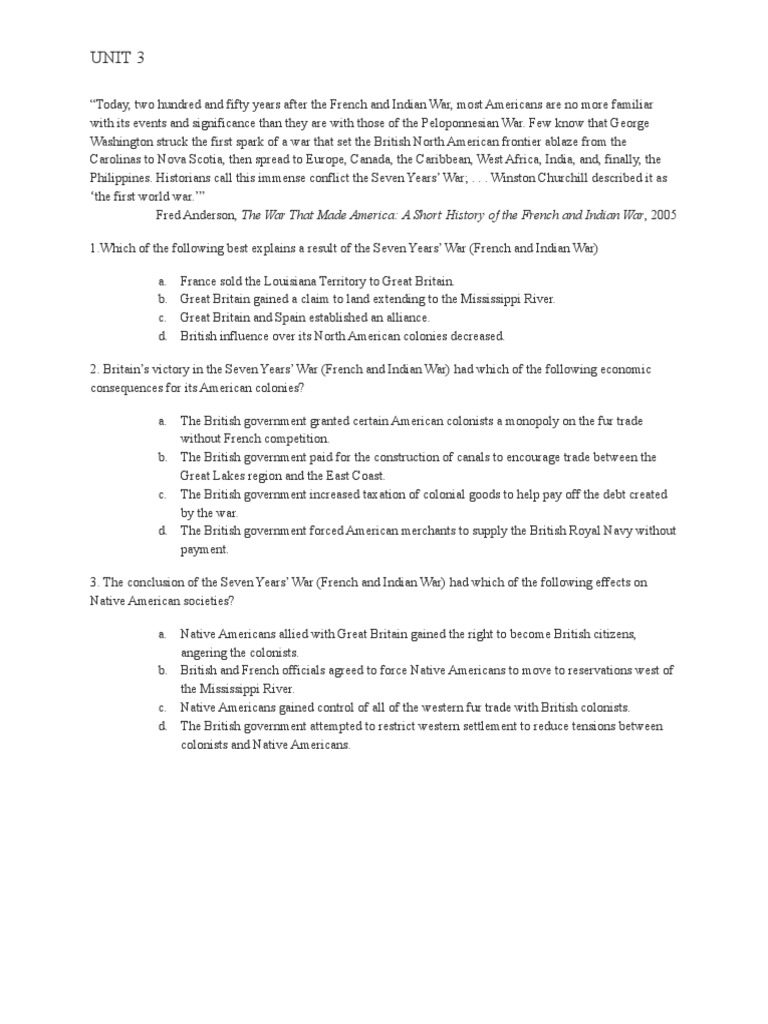The APUSH Unit 1 review guide is designed to help students navigate the complexities of American history from the earliest Native American societies to the early colonial period. This unit lays the foundation for understanding the development of the United States, covering a vast expanse of time from before the arrival of Europeans to the mid-17th century. The key to mastering this unit is to grasp the diverse cultural, economic, and political systems that existed in the Americas and how they interacted and evolved over time.
Pre-Columbian Societies

Before the arrival of Europeans, the Americas were inhabited by a wide variety of Native American societies, each with its own distinct culture, social structures, and traditions. These societies ranged from small, nomadic hunter-gatherer groups to complex, urban civilizations like the Aztecs and the Incas. Understanding the achievements and challenges of these pre-Columbian societies is crucial for appreciating the impact of European colonization. For instance, the Mississippian culture, which flourished in the Eastern Woodlands from around 800 to 1500 CE, is notable for its large earthen pyramids and complex chiefdoms, demonstrating a high level of political and social sophistication.
Native American Diversity and Complexity
One of the most significant aspects of pre-Columbian America was the diversity and complexity of its societies. From the agricultural communities of Mesoamerica to the fishing societies of the Pacific Northwest, Native Americans developed unique adaptations to their environments. This diversity is a testament to the ingenuity and resilience of Native American cultures. For example, the Iroquois Confederacy, a powerful alliance of Native American nations in the northeastern United States, developed a sophisticated system of government that influenced the formation of the United States Constitution.
| Region | Notable Characteristics |
|---|---|
| Mesoamerica | Agricultural civilizations, city-states, complex religious systems |
| Eastern Woodlands | Mississippian culture, mound builders, complex chiefdoms |
| Southwest | Pueblo societies, irrigation agriculture, multi-story dwellings |

European Exploration and Colonization

The arrival of Europeans in the Americas marked a significant turning point in American history. The period of exploration, which began with the voyages of Christopher Columbus in the late 15th century, was followed by colonization efforts by various European powers, including Spain, England, France, and the Netherlands. Each of these powers brought its own unique cultural, economic, and political systems to the Americas, which interacted with Native American societies in complex and often devastating ways.
Colonial Economies and Societies
The colonial period saw the establishment of different types of economies and societies in the Americas. The Spanish, for example, established a system of colonization based on the encomienda, which granted land and the labor of Native Americans to Spanish colonizers. In contrast, the English established colonies with a mix of agricultural and trading economies, such as the Virginia tobacco plantations and the Massachusetts Bay Colony. Understanding these different economic and social systems is crucial for grasping the development of the United States.
Key Points
- The diversity of pre-Columbian societies reflects the complexity and sophistication of Native American cultures before European colonization.
- European exploration and colonization had a profound impact on Native American populations and the development of American society.
- Different European powers established unique economic and social systems in the Americas, which continue to influence the United States today.
- Understanding the interactions between Native American societies and European colonizers is essential for appreciating the historical context of American development.
- The colonial period laid the foundation for the political, economic, and social structures of the United States, including the concept of federalism and the institution of slavery.
Implications and Legacy
The events and developments of APUSH Unit 1 have lasting implications for American history. The interactions between Native American societies and European colonizers set the stage for centuries of conflict, displacement, and cultural exchange. The economic and social systems established during the colonial period continue to influence American society today, from the legacy of slavery to the structure of the U.S. government. As such, understanding this period is not only essential for grasping the complexities of American history but also for appreciating the ongoing challenges and opportunities faced by the United States.
What were the main factors that contributed to the diversity of pre-Columbian societies?
+The diversity of pre-Columbian societies can be attributed to geographical factors, such as the variety of climates and landscapes, which led to different adaptations and ways of life. Additionally, the development of distinct cultural, social, and political systems over time contributed to this diversity.
How did European colonization impact Native American populations?
+European colonization had a devastating impact on Native American populations, including the spread of diseases to which Native Americans had no immunity, forced relocation, violence, and the imposition of European systems of governance and economy, leading to significant population decline and cultural disruption.
What is the significance of understanding the colonial period in American history?
+Understanding the colonial period is crucial because it lays the foundation for comprehending the development of the United States, including the establishment of its political, economic, and social systems. It also provides context for ongoing issues such as racial inequality, federalism, and the relationship between the U.S. government and Native American nations.
In conclusion, APUSH Unit 1 provides a foundational understanding of American history, from the complexity of pre-Columbian societies to the impact of European colonization. By grasping the diversity of Native American cultures, the implications of European exploration, and the establishment of colonial economies and societies, students can better appreciate the historical context of American development and its ongoing legacy.



